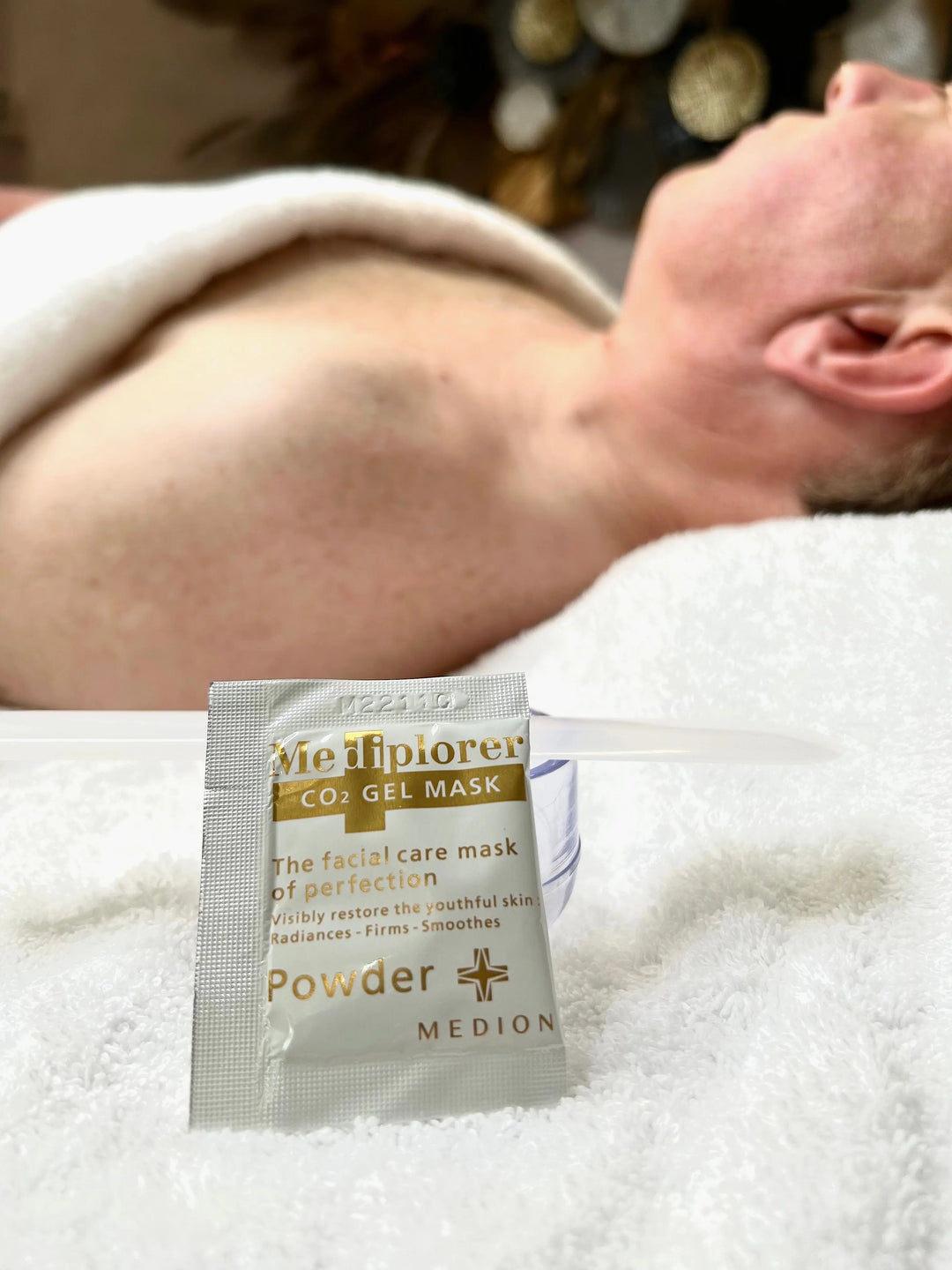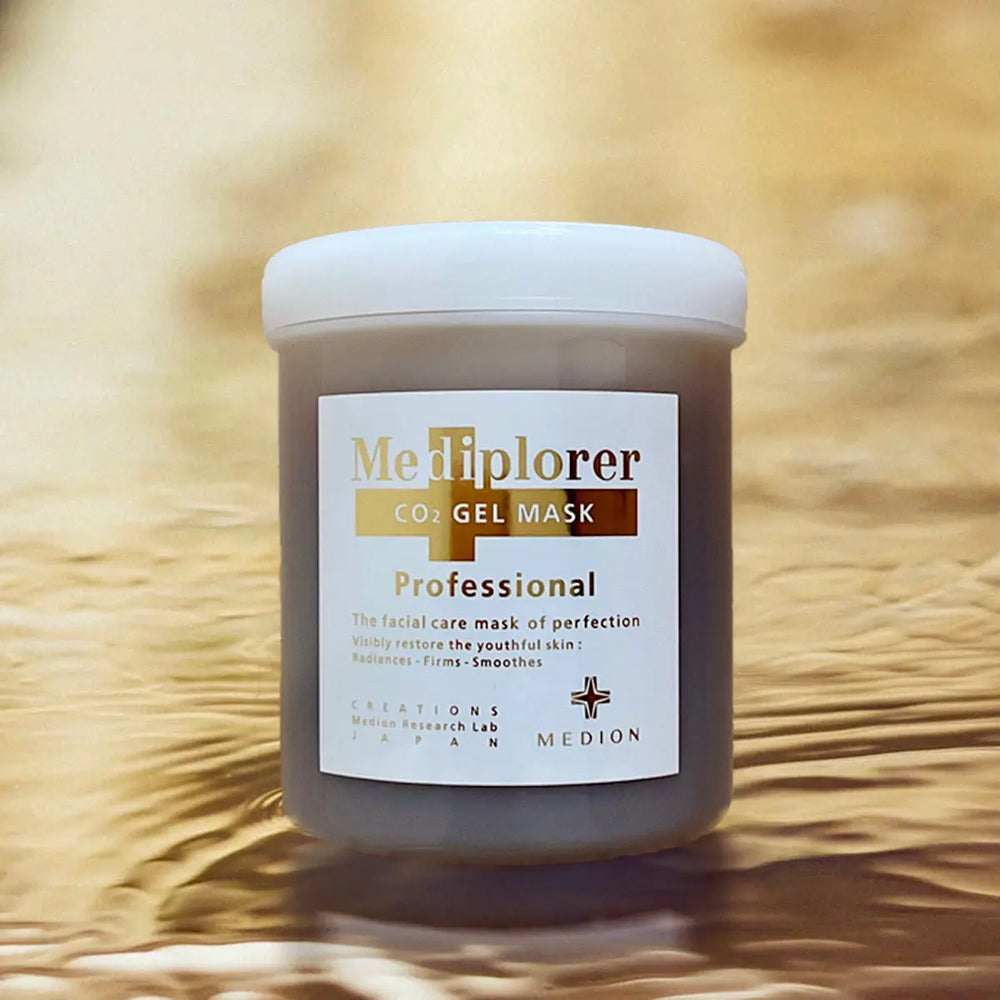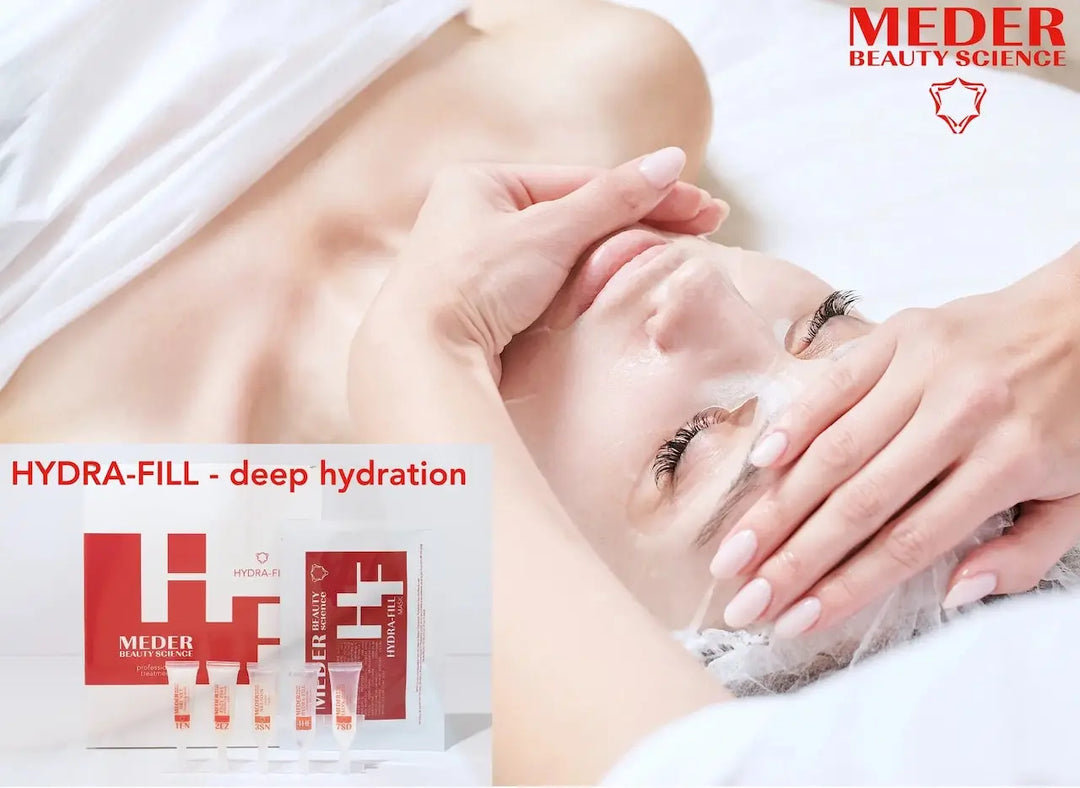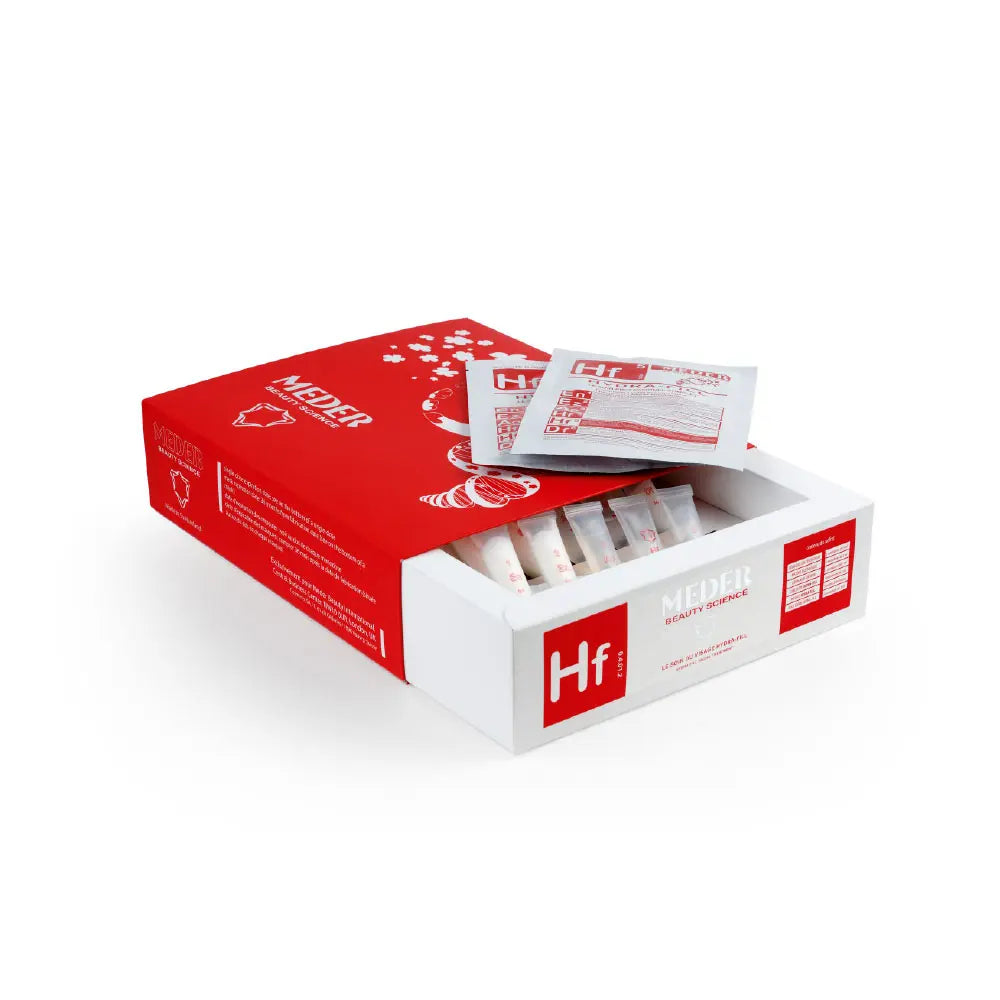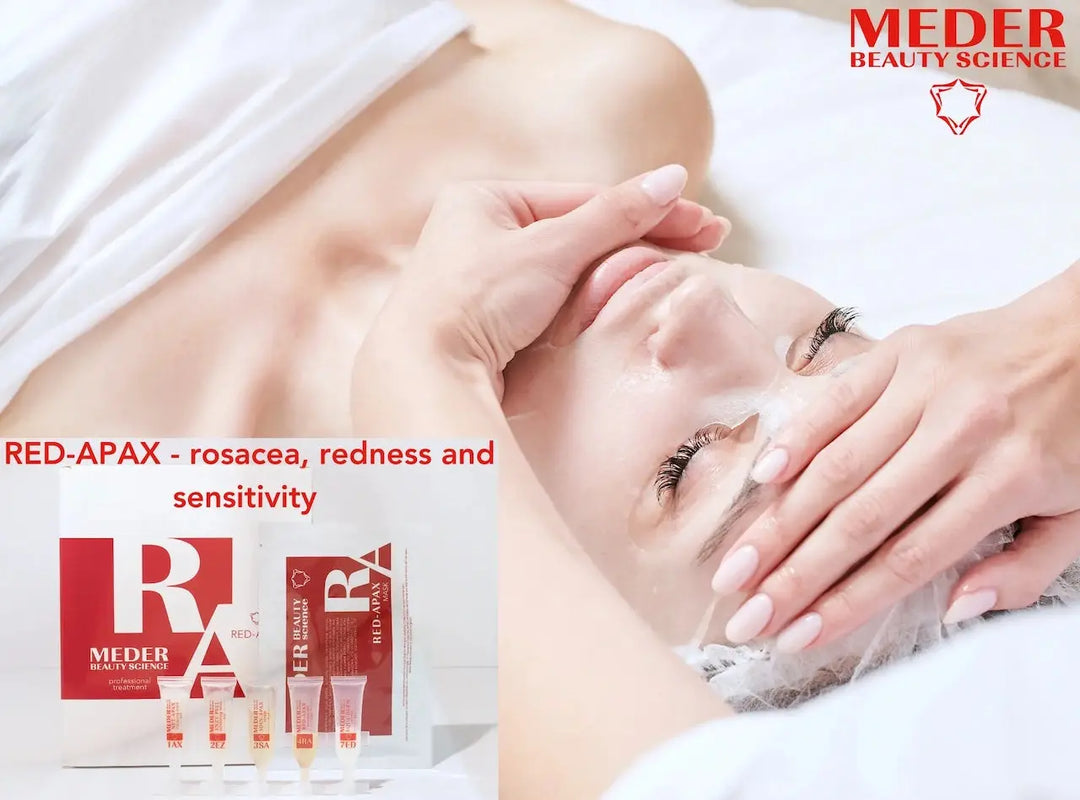
SENSITIVE SKIN
Sensitive Skin , Your Skin with Care and Quality Skincare
Redness swelling
Itchiness
Stinging sensation
Burning sensation
Rashes / hives,
Dryness
Thin skin
Reactive / Fragile skin
Some common scientific causes of sensitive skin include:
Genetic Factors: Certain genetic predispositions may contribute to an individual's likelihood of having sensitive skin, such as a family history of skin conditions like eczema or rosacea.
Environmental Factors: Exposure to environmental aggressors such as UV radiation, pollution, harsh weather conditions
Skin Barrier Dysfunction: Disruptions in the skin's natural barrier function, which normally acts as a protective shield against external irritants and allergens, can make the skin more susceptible to sensitivity reactions.
Allergens and Irritants: Contact with allergens (e.g., pollen, certain foods) or irritants (e.g., fragrances, harsh chemicals in skincare products) can trigger inflammation and sensitivity reactions in the skin.
Hormonal Changes: Fluctuations in hormone levels, such as those experienced during puberty, pregnancy, or menopause, can affect the skin's sensitivity and reactivity.
Stress: Psychological stress can contribute to skin sensitivity by disrupting the body's immune response and exacerbating inflammation.
Medical Conditions: Underlying medical conditions such as atopic dermatitis (eczema), rosacea, or psoriasis can predispose individuals to sensitive skin reactions.
Medications: Some medications, particularly those that affect the skin or immune system, can cause side effects such as photosensitivity or increased skin sensitivity.
Recognizing symptoms can help individuals identify and manage their sensitive skin effectively, implementing appropriate skincare practices and avoiding triggers to minimize discomfort and maintain skin health.
• Redness (erythema): The skin may appear flushed or reddened, indicating inflammation and increased blood flow to the affected area.
• Irritation and Itchiness: Sensitive skin may feel itchy or irritated, leading to a persistent urge to scratch or rub the affected areas.
• Dryness and Tightness: Sensitive skin often experiences dryness and tightness, with the skin feeling rough, flaky, or uncomfortable.
• Burning or Stinging Sensation: Individuals with sensitive skin may experience sensations of burning, stinging, or tingling, particularly when using certain skincare products or exposed to environmental triggers.
• Swelling (edema): Inflammatory reactions in sensitive skin can result in localized swelling or puffiness, especially in response to allergens or irritants.
• Sensitivity to Touch: Sensitive skin may be more reactive to tactile stimuli, with increased sensitivity to pressure, temperature changes, or friction.
• Breakouts or Rashes: Sensitive skin may develop red, inflamed patches, hives, or rashes in response to triggers such as allergens, irritants, or changes in environmental conditions.
• Flare-ups and Recurrent Reactions: Sensitive skin tends to exhibit recurrent episodes of flare-ups or reactions, triggered by various internal or external factors.
• Skin Tightness or Discomfort: Individuals with sensitive skin often report feelings of skin tightness, discomfort, or a sensation of "overheating" in response to certain triggers.
• Increased Reactivity: Sensitive skin may react more strongly to skincare products, environmental pollutants, weather changes, or dietary factors compared to normal skin.
Dry skin can lead to sensitive skin symptoms, as reduced moisture levels compromise the skin's protection against external irritants. Chronic inflammatory conditions like rosacea and light-dependent skin reactions like photodermatosis can also contribute to sensitive skin.
Triggers of Allergic Contact Dermatitis:
Preservatives and Fragrances: Found in soaps, beauty products, and laundry detergents.
Plants: Certain plants, such as poison ivy, oak, and sumac.
Heat and Hot Water Exposure
Certain Metals: Found in jewelry, particularly nickel.
Rubber, Latex, and Adhesives
Wool
Other Potential Triggers: Hormones, lack of sleep, and air pollution.
Triggers of Eczema:
Certain Foods: Including dairy, eggs, nuts, soy, and wheat.
Preservatives and Fragrances: In soaps, beauty products, and laundry detergents.
Environmental Factors: Such as hot or cold weather, wind, humidity, and sweat.
Salon treatments for sensitive skin with a focus on microbiome care offer a scientifically informed approach to managing sensitivity and promoting skin health. By incorporating gentle yet effective techniques and microbiome-friendly products, these treatments aim to restore balance, alleviate discomfort, and foster a more resilient and radiant complexion.
Calming Facials: Gentle facial treatments using products formulated wicalming ingredients like chamomile, aloe vera, and oat extract to soothe and hydrate sensitive skin.
Microbiome-friendly Products: Salon treatments for sensitive skin often use skincare products specifically formulated to maintain the balance of the skin's microbiome. These products are free from harsh ingredients that disrupt the microbiome and instead contain gentle, non-irritating formulas.
Microcurrent Therapy: Non-invasive microcurrent facials stimulate facial muscles to improve tone and lift without causing irritation, making them suitable for sensitive skin.
LED Light Therapy: Light therapy treatments utilize different wavelengths of light to address various skin concerns, including inflammation and redness associated with sensitive skin.
Oxygen Infusion Therapy: Oxygen facials deliver a boost of pure oxygen to the skin along with specialized serums to hydrate and revitalize sensitive skin without causing irritation.
Chemical Peels: Mild chemical peels containing gentle exfoliating agents like alpha hydroxy acids (AHAs) or beta hydroxy acids (BHAs) can help improve skin texture and tone in sensitive skin when performed by trained professionals.
HydraFacial: HydraFacial treatments cleanse, exfoliate, extract, and hydrate the skin using a unique vortex suction technology and nourishing serums, suitable for sensitive skin types.
Microneedling with PRP: Microneedling combined with platelet-rich plasma (PRP) therapy stimulates collagen production and enhances skin rejuvenation in a minimally invasive manner, ideal for sensitive skin.
Manual Lymphatic Drainage Massage: Gentle lymphatic drainage massage techniques help reduce inflammation and promote lymph flow, beneficial for sensitive skin prone to swelling and redness.
Stress can significantly impact sensitive skin, exacerbating its symptoms and leading to increased sensitivity and discomfort. Scientifically, stress triggers the release of cortisol, a hormone associated with the body's fight-or-flight response. Elevated cortisol levels can disrupt the skin's barrier function, making it more susceptible to environmental irritants and allergens.
Additionally, stress can weaken the immune system, making the skin more prone to inflammatory conditions such as eczema, rosacea, and contact dermatitis. Furthermore, stress-induced behaviors like rubbing or scratching the skin can further irritate sensitive areas, leading to redness, inflammation, and even skin damage.
To manage stress-related sensitivity, it's essential to prioritize stress-reduction techniques such as mindfulness, meditation, exercise, and adequate sleep. Additionally, adopting a gentle skincare routine tailored to sensitive skin can help minimize irritation and support the skin's barrier function. Using fragrance-free, hypoallergenic products and avoiding harsh ingredients can also help alleviate stress-induced sensitivity and promote healthier, calmer skin.
We care about the health of your skin.




